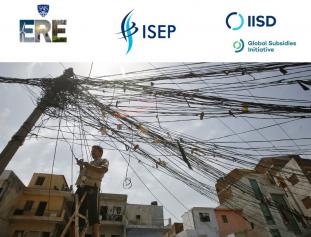Webinar: Better targeting of residential electricity subsidies

India’s energy sector is undergoing rapid transformation. In 2000, only 43% of the population had access to electricity, which almost doubled to 94.6% by 2018. But, as more consumers connect to the grid, there is increasing pressure on limited government financial resources. In FY 2019, India’s subsidies for electricity consumption amounted to at least INR 110,391 crore (USD 15.6 billion). Expenditure is only expected to grow, given long-term trends in rising electricity demand. This financial transition has given rise to discussions about the potential for “subsidy targeting”: focusing subsidy benefits on a narrower subset of beneficiaries. This approach would provide greater benefits to those most in need.
There has been little recent research, however, on the distribution of existing subsidies and exactly how targeting could be implemented to impact this subsidy distribution. This webinar shares findings on subsidy distribution from recent research from a survey of over 900 households in the State of Jharkhand. The speakers will share the household incidence of electricity subsidies using a novel method to assess the distribution of electricity subsidies across different wealth quintiles and also discuss the potential of three mechanisms to better target subsidies.
This webinar is co-organized by the Initiative for Sustainable Energy Policy (ISEP).
Speaker
Shruti Sharma (International Institute for Sustainable Development, Associate and Energy Specialist)
Practical information
Wednesday, October 16 | 10:00 a.m. EST / 7:30 p.m. IST
via Zoom
Registration
Please register here
